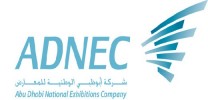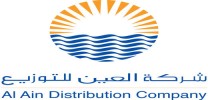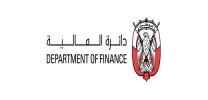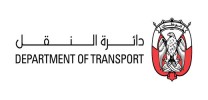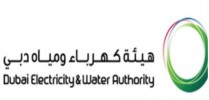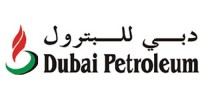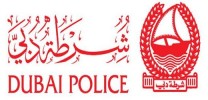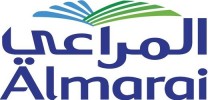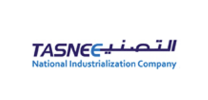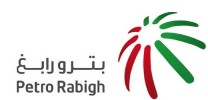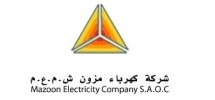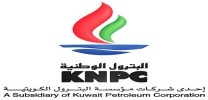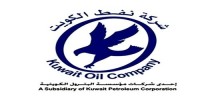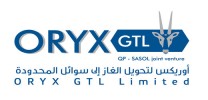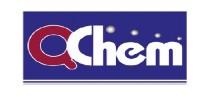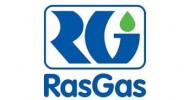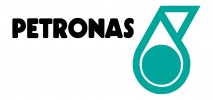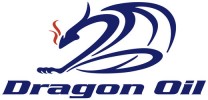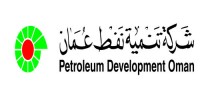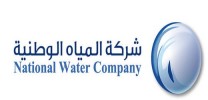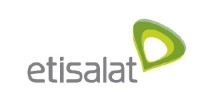
Power System Control Centers (Functions & Problems)
Course Introduction:
Control and operation of power systems is a wide and comprehensive topic including many different engineering fields ranging from power system instrumentation to power system modelling and control systems theory. To manage and optimize the control and operation of the power system, information and control systems are used throughout the power system, the information and control systems so tightly integrated with the physical power system, that together they constitute a cyber-physical system. This course provides a wide perspective on the field, opening for continued studies in specialized subjects. The course is focused on design, implementation and use of information and control systems for control and operation of the physical power system and to give an overview of technologies and concepts used for communication and control of power systems in a wide sense, including generation, transmission and distribution of electric power.
This course is concerned with understanding, modeling, analyzing, and mitigating power system stability and control problems. Such problems constitute very important considerations in the planning, design, and operation of modern power systems. The complexity of power systems is continuously increasing because of the growth in interconnections and use of new technologies.
The course is intended to meet the needs of practicing engineers associated with the electric utility industry as well as those of graduate students and researches. The course will provide the necessary fundamentals, explaining the practical aspects, and giving an integrated treatment of the latest developments in modeling techniques and analytical tools.
Course Objectives:
Upon the successful completion of this course, each participants will be able to:-
Ø Apply and gain an in-depth knowledge on power system control
Ø Understand the control of the generation system and discuss its modern practice
Ø Apply the analytical methods to analyze and design control systems
Ø Describe the functions of the primary equipment in the power system that is relevant for protection, automation and control
Ø Analyze substations and simple power systems in terms of reliability protection, automation and control needs
Ø Describe the function and architecture of information and control systems used for protection, automation and control of power systems
Ø Describe the function and architecture of communication systems used for information & control systems for power system control
Ø Describe the importance of information & control systems for the ability to connect large amounts of renewable power sources
Ø Analyze and develop basic systems for substation automation and protection and develop basic information & control systems for system-wide control from control rooms, e.g. SCADA systems and EMS applications
Ø Carryout dynamic performance measures, control and protective functions, excitation systems and field testing for model development and verification
Who Should Attend?
This course provides an overview of all significant aspects and considerations of power system control for electrical managers, engineers, planners, supervisors and other technical staff involved in the stability and control of electrical power systems.
Course Outline:
1 Introduction
1.1 The Role of Power Systems
1.2 Complexity of Power Grids
1.3 Communications System
1.3.1 Fiber Optical Technique
1.3.3 WAN Based on Fiber Optical Networks
1.3.2 Fiber Optical Networks
1.3.4 XML Technique
1.3.5 IP-Based Real Time Data Transmission
1.3.6 Interdependence of Infrastructures
1.4 Catastrophic Failures
1.5 Necessity for Distributed Processing
1.6. Introduction to Power System Control
1.6.1 Power System Control
1.6.2 Distributed Implementation
1.6.3 State Monitoring Based on GPS
1.7 Vertically Integrated Power Systems
1.7.1 Central Control Center
1.7.2 Area Control Center
1.7.3 SCADAEMS
1.7.4 Distributed Web-Based SCADA Systems
1.7.5 Distributed Energy Management Systems
1.8. Restructured Power Systems .
1.8.1 GENCOs, TRANSCOs. and DISTCOs
1.8.2 IS0
1.8.3 OASIS
1.8.4 RTO
1.9. Advantages of Distributed Processing
1.9.1 Enhanced Reliability
1.9.2 Enhanced Flexibility
1.9.4 Higher Efficiency
1.9.3 Economy
1.10 Foundations for Distributed Processing
1.10.1 Agent Theory Applications
1.10.2 Distributed Management and Control
1.10.3 Adaptive Self-Healing
1.10.4 Object-Oriented Modeling
1.10.6 Common Accounting Model
1.10.5 CIM
2. Parallel and Distributed Processing of Power Systems
2.1 Introduction
2.2 Parallel and Distributed Processing Systems
2.2.1 Parallel Systems
2.2.2 Distributed Systems
2.2.3 Comparison of Parallel and Distributed Processing
2.2.4 Representation of Parallel and Distributed Systems
2.3. Parallel and Distributed Algorithms
2.3.1 Classifications
2.3.2 Representation .
2.4. Design of Parallel and Distributed Algorithms
2.4.1 Task Allocation .
2.4.2 Data Communication
2.4.3 Synchronization
2.5. Parallel and Distributed Computation Performance
2.5.1 Speedup and Efficiency
2.5.2 Impacting Factors
2.6 Iterative Parallel and Distributed Algorithms
2.7 Convergence Of Asynchronous Algorithms
2.8 Systems
2.8.1 Distributed Processing of Transmission Systems
2.6.1 Asynchronous Distributed Computation
2.8 Distributed Processing of Vertically Integrated Power
2.8.2 Distributed Processing of Distribution Systems
2.9 Distributed Processing of Restructured Power Systems
2.9.1 Distributed Processing System of an IS0
2.9.2 Distributed Processing System of an RTO
2.9.3 Distributed Processing of GENCOs, TRANSCOs, and DISTCOs
2.10 Distributed Energy Trading Systems
2.11 Computer Networks for Distributed Processing of Power Systems
2.11.1 LAN
2.1 1.2 ISO’s Private WAN
2.1 1.3 NERC ISN
2.1 1.4 The Public Internet
2.12 Message-Passing Interface
2.12.1 Development History and Features
2.12.2 Data Communication
2.12.3 Attributes of MPI
2.13 Other Forms and Techniques for Distributed Processing
2.13.1 Cliendserver Architecture
2.13.2 Network Programming
2.13.3 Distributed Database
2.13.4 Java Language
3 Information System for Control Centers
3.1 Introduction
3.2 ICCS in Power Systems
3.3 ICCS Configuration
3.3.1 ICCSLAN
3.3.2 Availability and Redundancy of ICCS
3.4 Information System for ICCS
3.5 CCAPI for ICCS
3.6 Interfaces for ICCS Users
3.7 ICCS Communication Networks
3.7.1 Private WAN of the IS0
3.7.2 NERC’s Interregional Security Network
3.7.3 Public Internet
3.8 ICCS Time Synchronization
3.9 Utility Communications Architecture
3.9.1 Communication Scheme
3.9.2 Fundamental Components
3.9.3 Interoperability
3.10 ICCS Communications Services
3.10.1 Other Communication Services
3.11 ICCS Data Exchange and Processing
3.11.1 Real-Time Data Processing
3.11.2 Transaction Scheduling and Processing
3.11.3 Generation Unit Scheduling and Dispatch
3.12 Electronic Tagging
3.12.1 Tag Agent Service
3.12.2 Tag Authority Service
3.12.3 Tag Approval Service
3.13 Information Storage and Retrieval
3.14 ICCS Security
3.14.1 Unauthorized Access
3.14.2 Inadvertent Destruction of Data
Course Methodology:
A variety of methodologies will be used during the course that includes:
· (30%) Based on Case Studies
· (30%) Techniques
· (30%) Role Play
· (10%) Concepts
· Pre-test and Post-test
· Variety of Learning Methods
· Lectures
· Case Studies and Self Questionaires
· Group Work
· Discussion
· Presentation
Course Fees:
This rate includes participant’s manual, Hand-Outs, buffet lunch, coffee/tea on arrival, morning & afternoon of each day.
Course Timings:
Daily Course Timings:
08:00 - 08:20 Morning Coffee / Tea
08:20 - 10:00 First Session
10:00 - 10:20 Coffee / Tea / Snacks
10:20 - 12:20 Second Session
12:20 - 13:30 Lunch Break & Prayer Break
13:30 - 15:00 Last Session





.jpg)

















